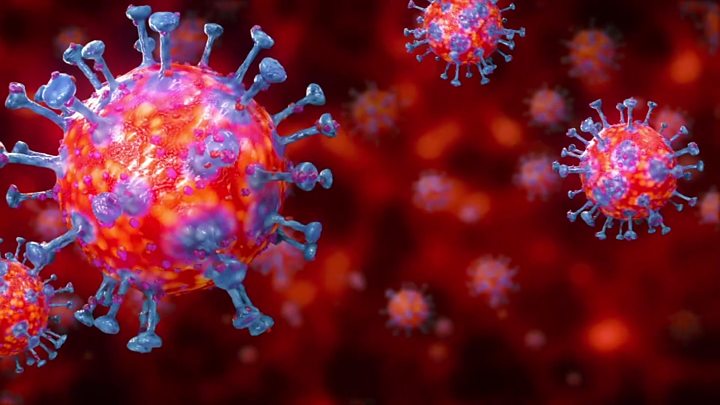By Akanimo Sampson
The raging coronavirus pandemic is having a devastating impact on tens of millions of people living in dire humanitarian situations.
The Director-General of the International Organisation for Migration (IOM), António Vitorino, who made this known says “COVID-19 is having an unprecedented impact on the health, economy, and well-being of people around the world.”
Adding, United Nations agency big boss says, “we must not forget the devastating impact this disease will have on the tens of millions of people who already living in dire humanitarian situations.”
Already, IOM is joining the health and humanitarian community to launch the interagency COVID-19 Global Humanitarian Response Plan (HRP).
The plan is part of a joint response by IOM and its agency partners mandated to address the direct public health and indirect humanitarian consequences of the pandemic on populations in crisis around the world.
Under the HRP, IOM is appealing for $100 million to strengthen its response to the global threat posed by COVID-19 in many crisis-affected countries – ranging from Haiti to Nigeria, Syria to Myanmar, Afghanistan to Venezuela, and beyond.
The Global HRP appeals for nearly $2.00 billion from UN member states to enhance the ability for agencies to curb the impact of COVID-19 in countries most vulnerable to its disastrous effects.
The HRP will also address the needs of more than 100 million people dependent on the UN for lifesaving humanitarian assistance in countries covered by existing humanitarian response plans.
This includes the Regional Refugee and Resilience Plan (3RP) for the Syria crisis, the Regional Refugee and Migrant Response Plan (RMRP) for the Venezuela crisis and the Joint Response Plan for the Rohingya Humanitarian Crisis (JRP), among many others.
“IOM reiterates the need for migrant-inclusive approaches to the overall COVID-19 response and calls on countries to address the particular needs and vulnerabilities of migrants, regardless of their legal status, in the spirit of Universal Health Coverage”, Vitorino said.
“The fight against COVID-19 cannot be won unless the response plans in all countries include migrants populations”
Strategic priority objectives of the HRP include: Containing the spread of the COVID-19 pandemic and decreasing its morbidity and mortality; decreasing the deterioration of human assets and rights, while promoting social cohesion and livelihoods; protecting, assisting and advocating for refugees, internally displaced persons, migrants and host communities particularly vulnerable to the pandemic.
The disease is likely to compromise the lives of millions of people in countries that have under-resourced, overburdened health systems struggling to provide adequate healthcare for all.
This is particularly worrying in densely populated areas – including urban areas, camps and camp-like settings.
Another concern: COVID-19’s indirect consequences could include a drastic deterioration of state and regional economies, and more broadly, education systems as well as societies’ respect for human rights and the rule of law.
Measures instituted to stem the spread of COVID-19, while necessary, also impact the delivery of humanitarian assistance as the movement of goods and aid workers becomes restricted and people in need face new obstacles to reaching services.
The risk of intensified xenophobia and discrimination directed toward migrants and foreigners also remains high.
Continuing, Vitorino says “this is the time for the international community to unite in combating this terrible virus. In doing so, we must not turn our backs on the world’s most marginalised, but instead, seek solutions that protect our entire global community.”
Funding will enhance IOM’s efforts to implement the Organisation’s Global Strategic Preparedness and Response Plan (SRP), revised last week, which is aligned with the WHO’s SRP and sets out an approach from the lens of mobility that tackles also critical longer-term issues for recovery.
The COVID-19 HRP includes appeals from WHO, UNDP, UNFPA, UNHABITAT, UNHCR and UNICEF, as well as the Red Cross Red Crescent Movement and non-governmental organisations.

